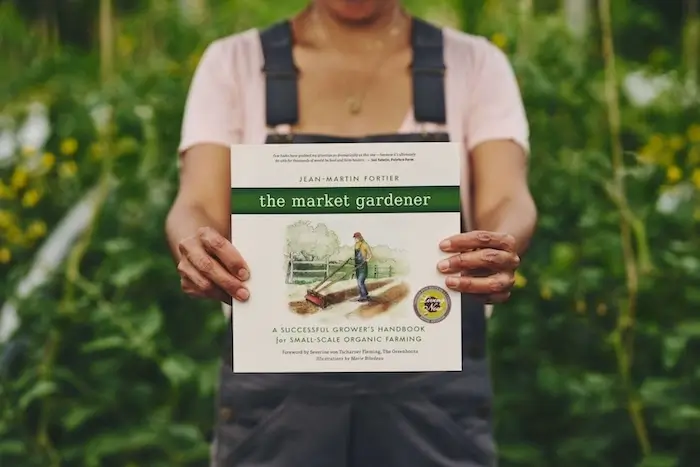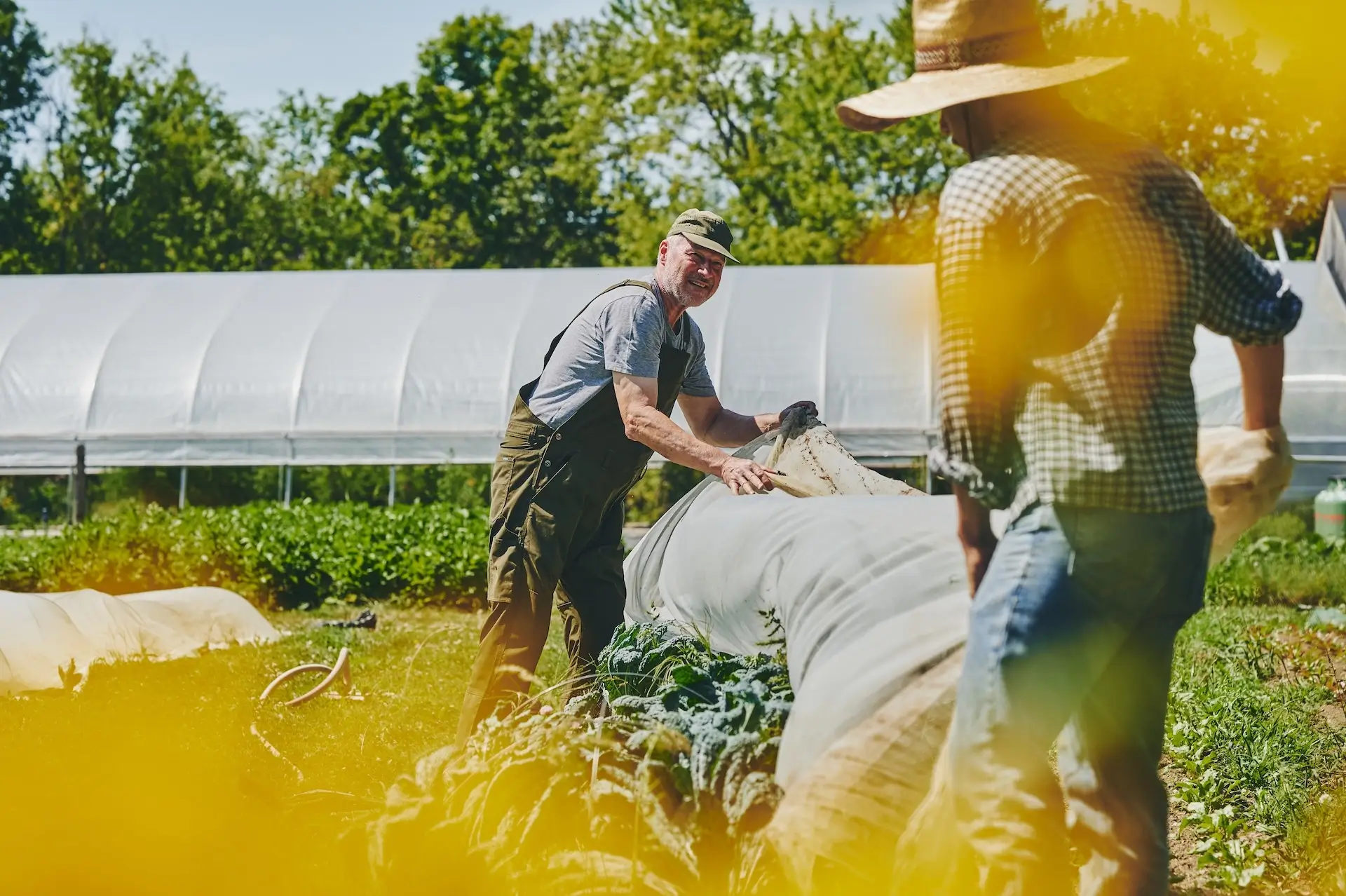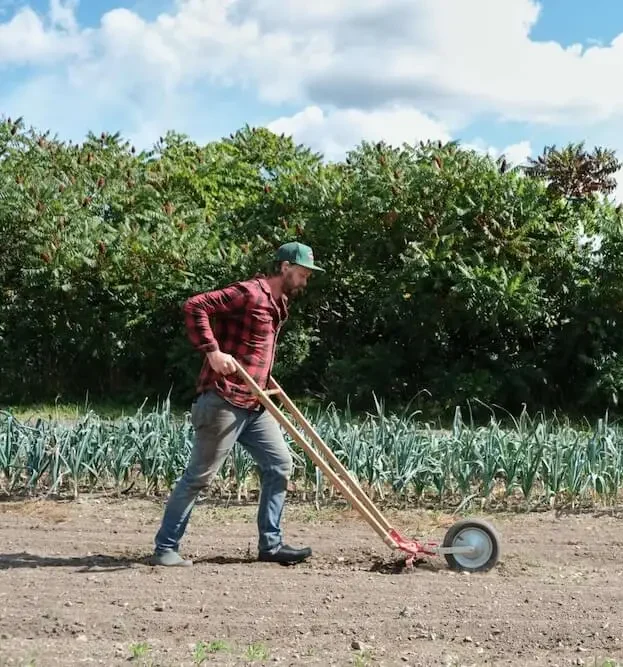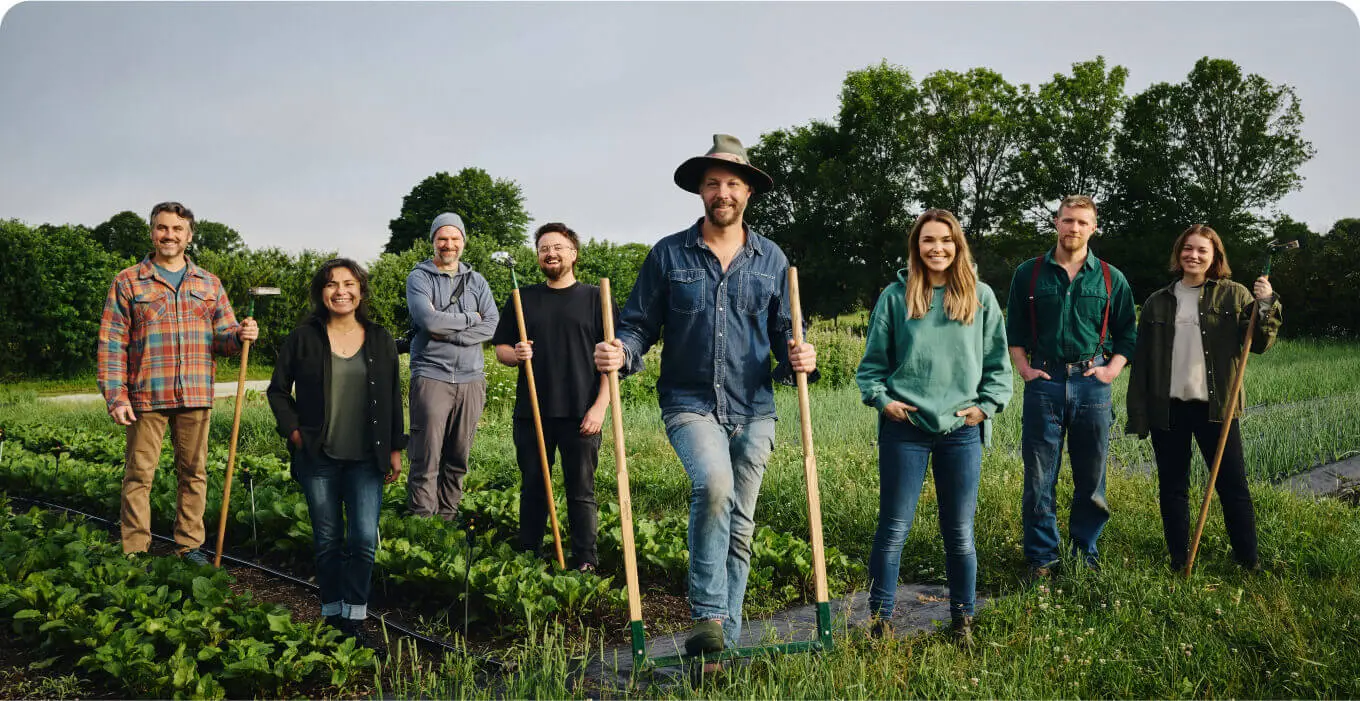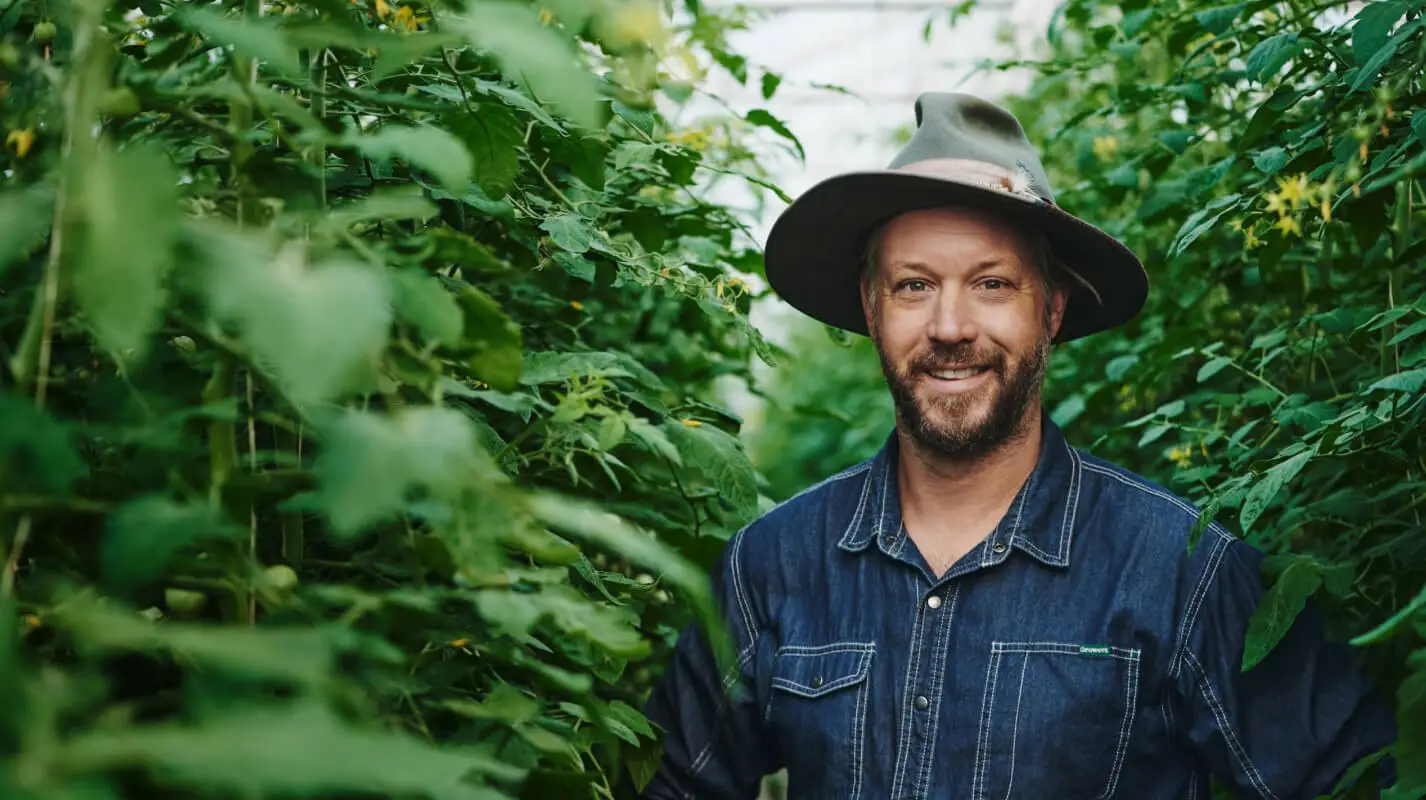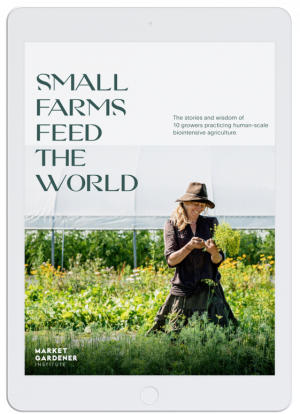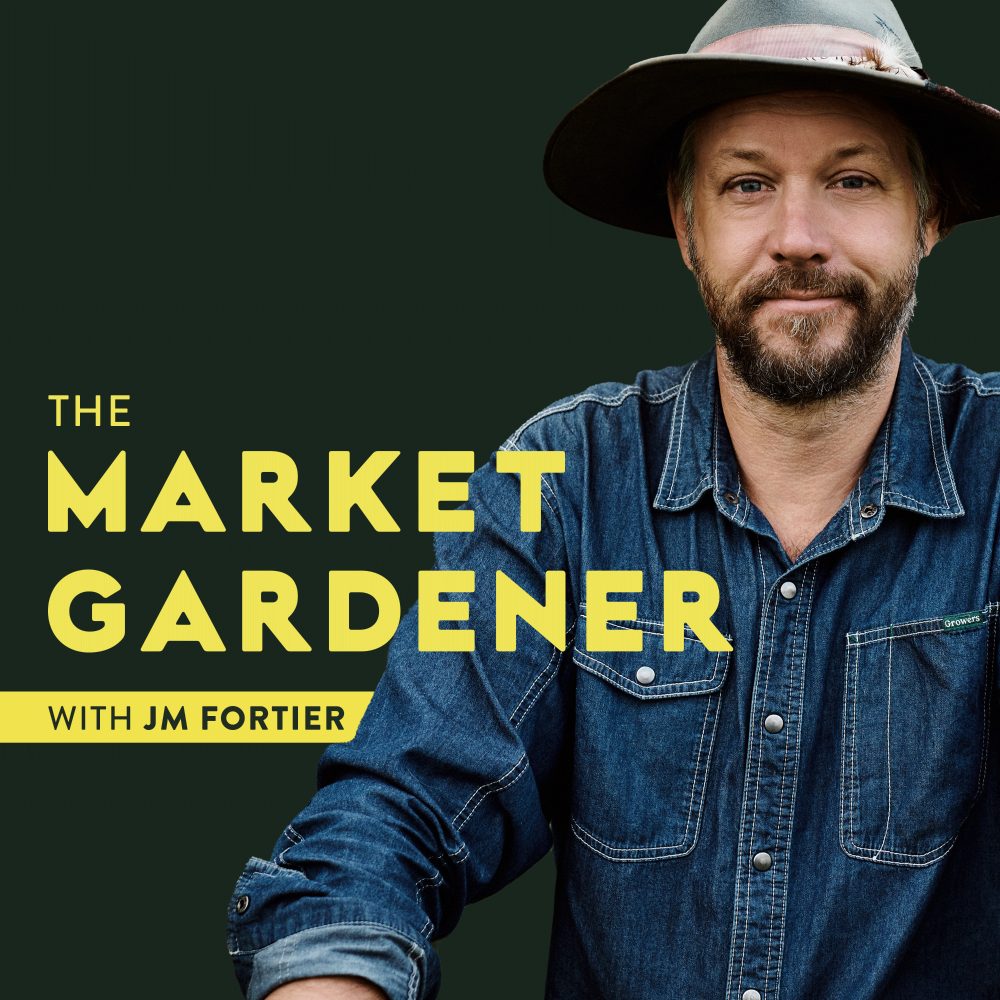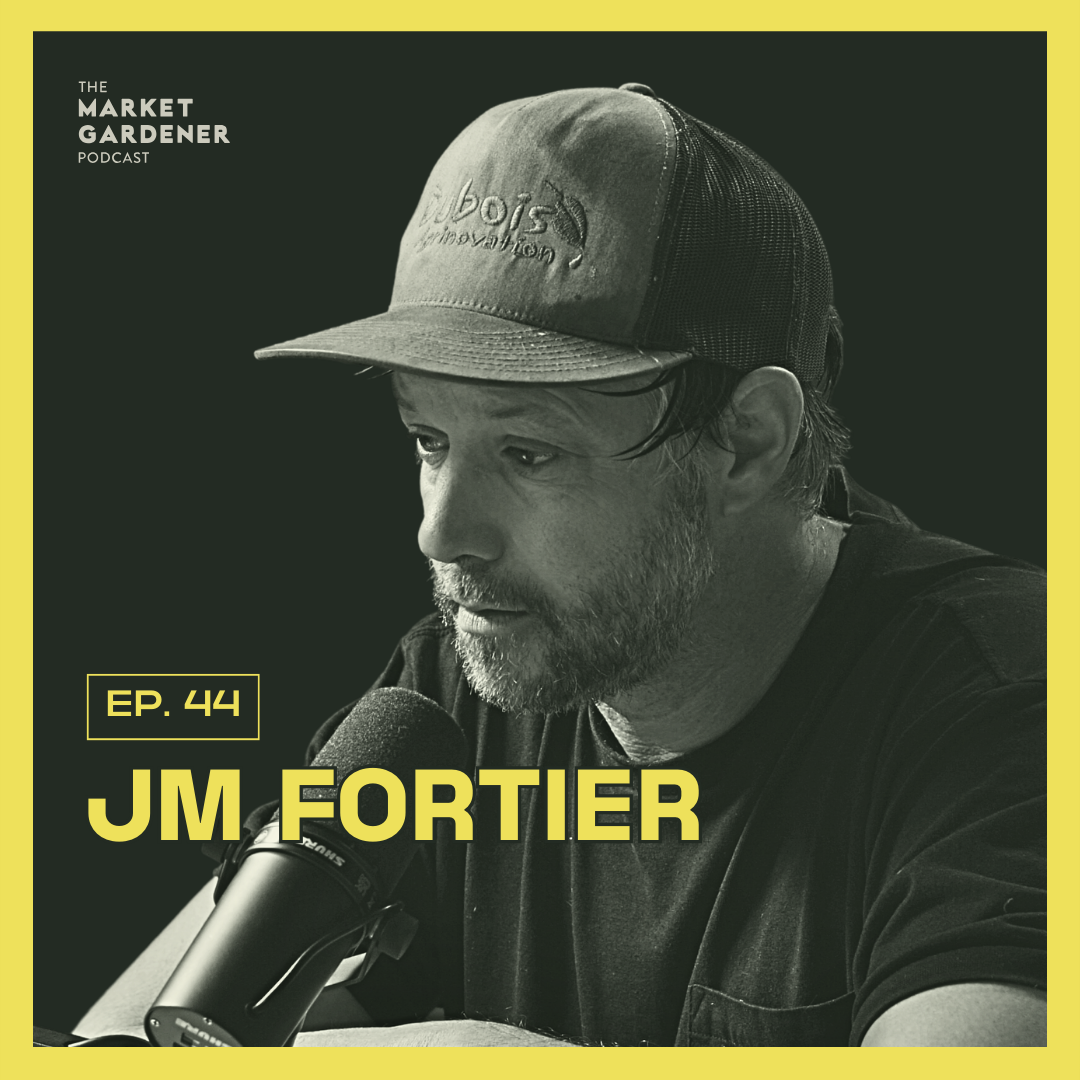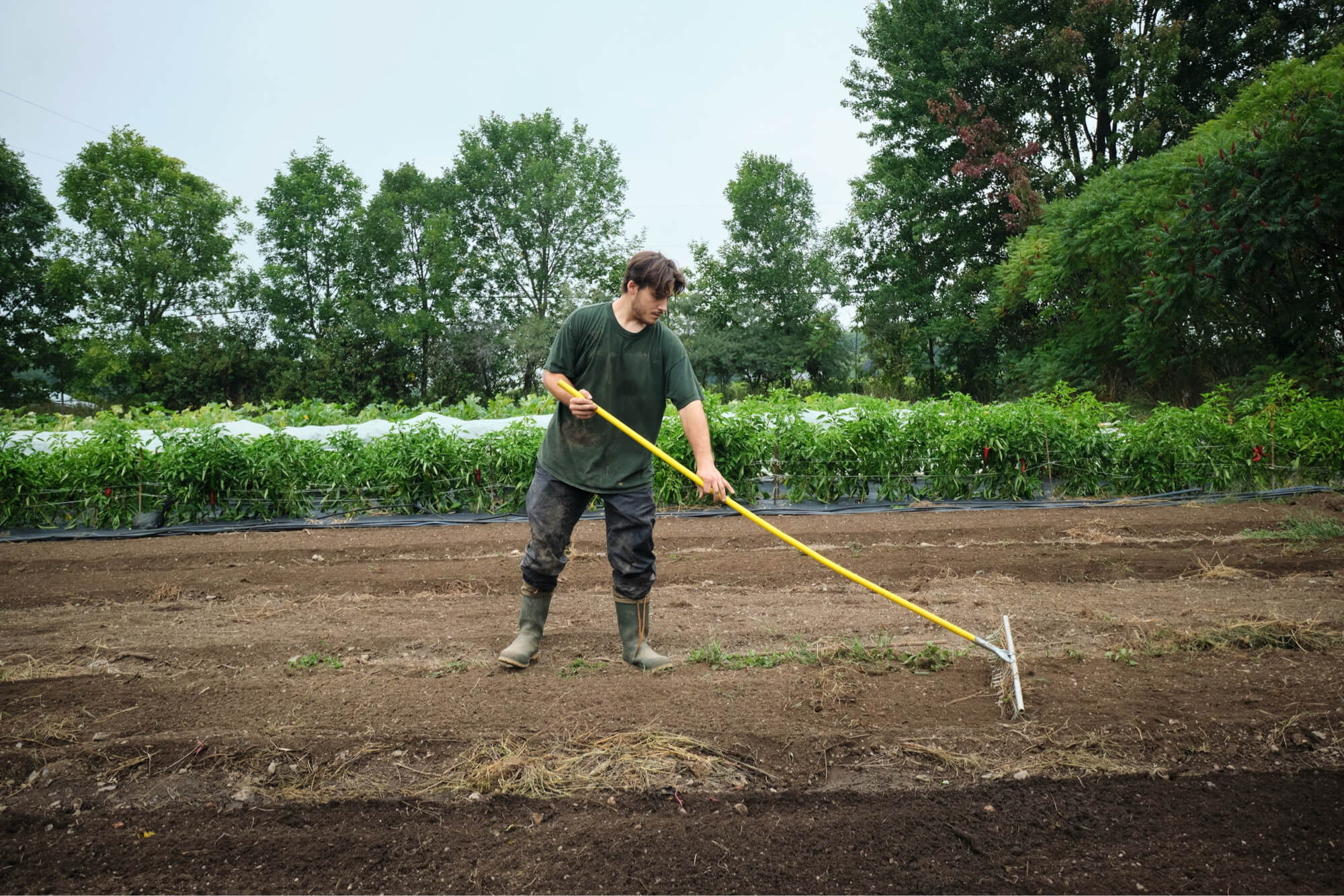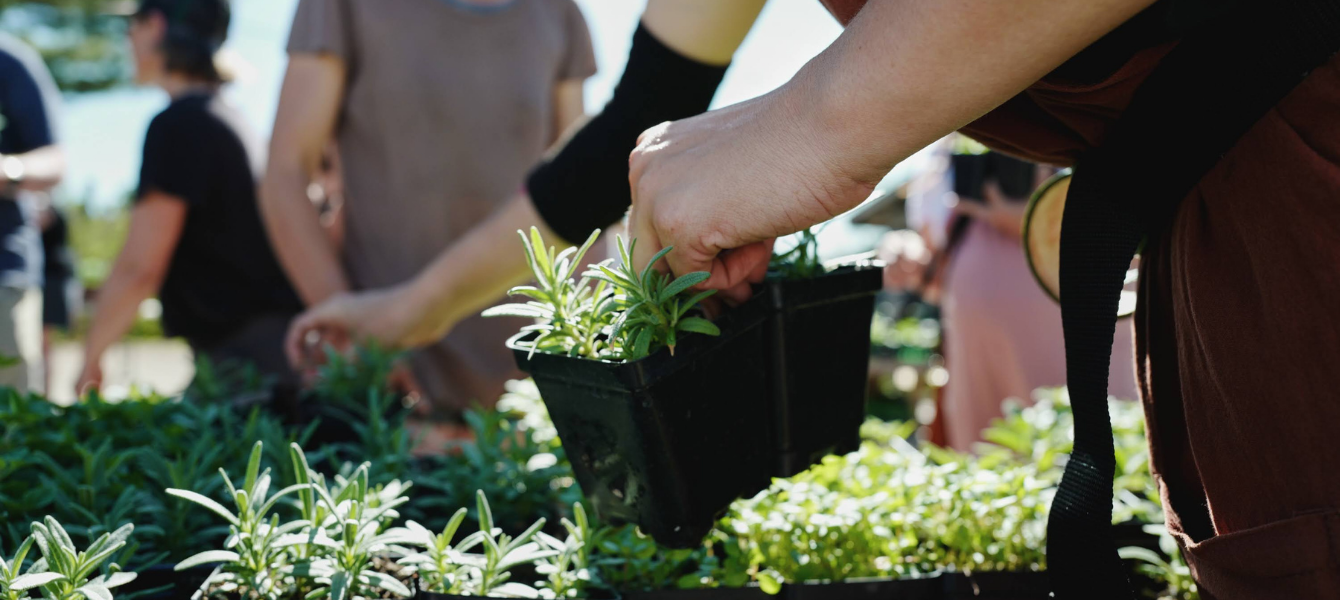Cheap Food Is a Lie: Why Nutrient Density Is the Future of Farming
with Kish Johnson
- Welcome to The Market Gardener Podcast, your gateway to the vibrant world of organic small-scale farming. JM Fortier and Chris Moran explore the big ideas, challenges, and solutions that shape our food system. Join us and the leading voices in sustainable agriculture as we dive into insightful conversations that empower, educate, and inspire action.
About this episode
In this episode, we speak with Kish Johnson from Advancing Eco Agriculture about how data-driven tools like SAP analysis and foliar sprays are transforming regenerative farming. Kish shares how farms are eliminating pests and diseases through optimized plant nutrition and improved photosynthesis.
The conversation dives into the connection between soil biology, profitability, and nutrient density. Kish also addresses skepticism around ag “products” and offers a humble, science-based approach to farm improvement. The episode wraps with news of a research partnership between AEA and the Market Gardener Institute to adapt these tools for small-scale growers.
[8:37] The hopeful message of regenerative agriculture
[12:17] Understanding the economic “J curve” in farming transitions
[19:08] What Advancing Eco Agriculture (AEA) actually does for farmers
[24:23] Fighting orchard disease with SAP analysis
[27:17] Why SAP analysis is like a blood test for plants
[31:04] The power of foliar sprays for nutrient uptake
[43:27] Increasing photosynthesis for crop resilience and yield
[48:23] Nutrient corrections that boost photosynthesis
[52:01] The role of seed inoculants and microbial colonization
[1:04:16] Insect pressure and the myth of “holes mean healthy”
[1:06:00] How protein synthesis deters aphids
[1:13:47] Giving farmers real decision-making power through data
[1:21:04] Collaboration between AEA and the Market Gardener Institute
[1:28:58] Making nutrient density measurable and marketable
[1:33:59] “There’s no such thing as cheap food” – nutrient density and health
[1:36:20] The most common global farming issue Kish observes

